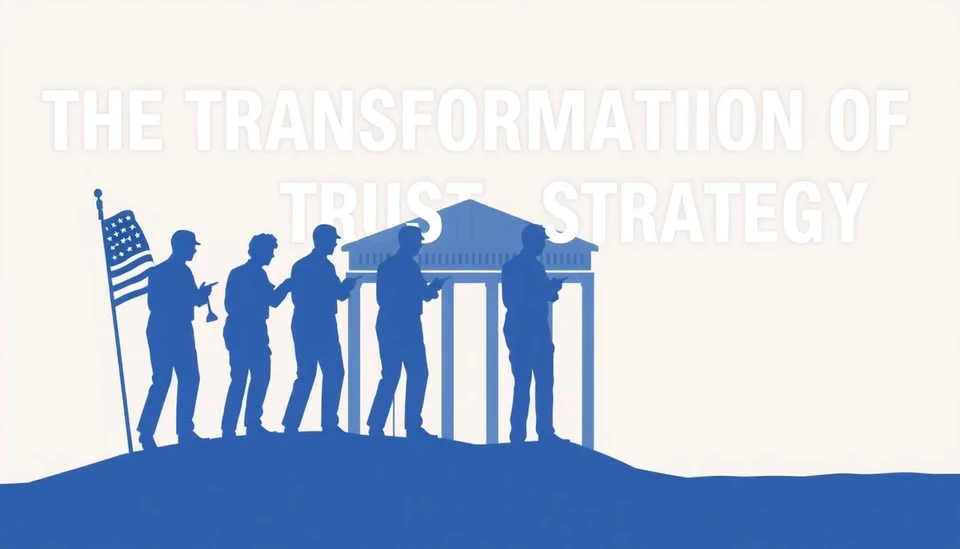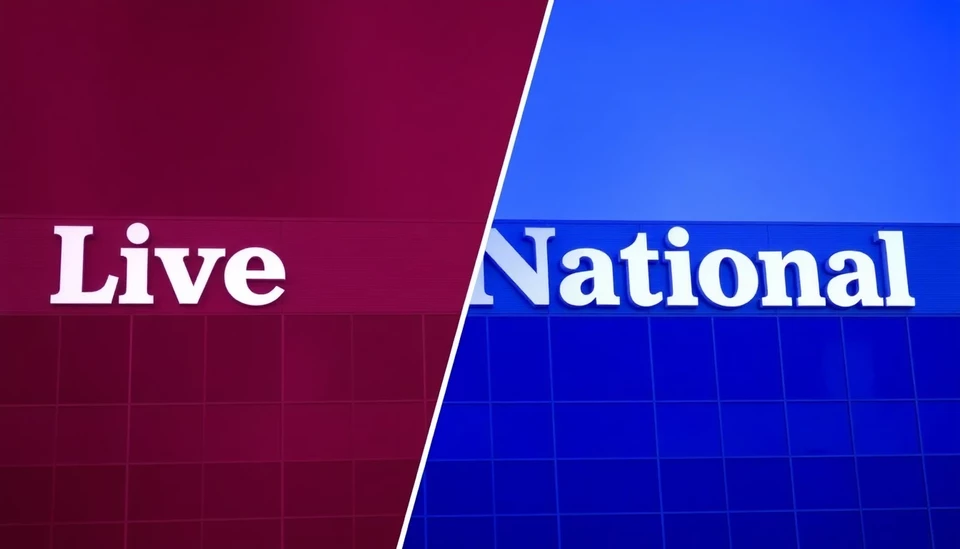
In recent years, the United States has witnessed a notable evolution in its approach to antitrust laws, reflecting the changing dynamics of the economy and technology landscape. The discussion around antitrust policies has gained momentum, particularly in light of the ongoing debates surrounding Big Tech companies and their influence on the marketplace.
Historically, antitrust laws in the U.S. were designed to promote competition and protect consumers from monopolistic practices. However, the interpretation and enforcement of these laws have shifted significantly, especially since the late 20th century. This shift can be traced through various administrations, each contributing to a broader dialogue on how best to regulate competition in an increasingly digital economy.
During the late 1800s and early 1900s, the Sherman Antitrust Act of 1890 laid the groundwork for antitrust enforcement, aimed primarily at dismantling monopolies that hindered free competition. Over the decades, this initial framework adapted through important pieces of legislation like the Clayton Antitrust Act of 1914 and the Federal Trade Commission Act, which sought to curb unfair business practices.
Fast forward to the 21st century, where the rise of technology giants such as Google, Amazon, Facebook, and Apple has prompted a reevaluation of antitrust strategies. These companies have not only transformed commerce but have also raised questions about the appropriateness of existing regulations. Critics of Big Tech argue that these firms have accumulated excessive market power, enabling them to stifle competition and innovate less zealously. This concern has ignited a fervent debate about whether current antitrust laws are sufficient to regulate these modern titans of industry.
Recent years have seen a resurgence of interest in antitrust enforcement, driven by a more aggressive stance from federal regulators and a renewed legislative focus. In particular, the Biden administration has signaled its intent to crack down on anti-competitive practices and has appointed several prominent figures who advocate for stronger antitrust enforcement. This includes appointing leaders at the Department of Justice and the Federal Trade Commission who are known for their rigorous approach toward large corporations.
Furthermore, lawmakers are also considering structural changes to antitrust legislation to better align with the digital economy. Proposals have emerged that suggest prohibiting certain mergers outright or imposing stricter regulatory scrutiny on major acquisitions, particularly those that could threaten competition in tech markets. This reflects a significant shift from the previous laissez-faire approach that characterized the latter part of the 20th century.
In conclusion, the evolution of America's approach to antitrust laws signifies a crucial moment in the country's economic policy. As policymakers grapple with the challenges posed by monopolistic practices in a complex and interconnected world, the future of competition regulation remains uncertain yet vibrant. The ongoing discussions and potential reforms may very well redefine the landscape of American business for generations to come.
#antitrust #BigTech #legislation #competition #economy #regulation
Author: Daniel Foster




